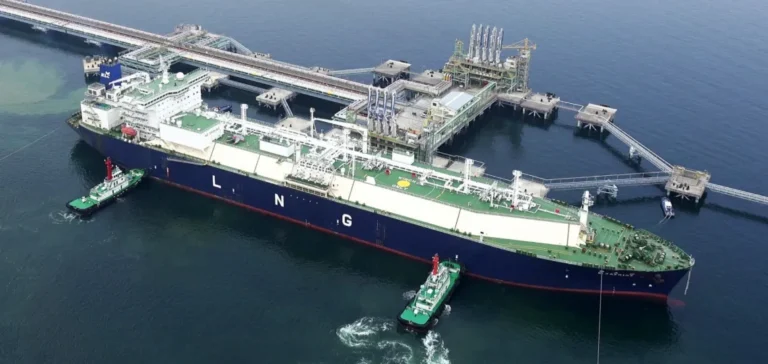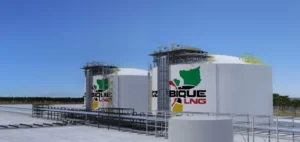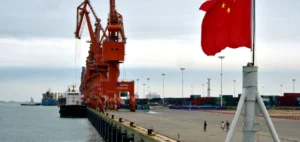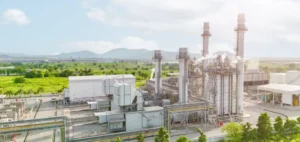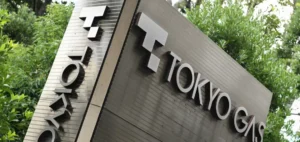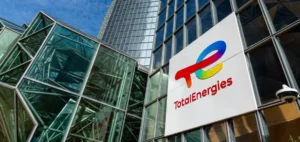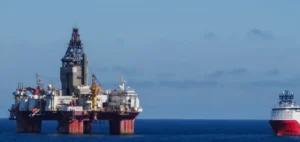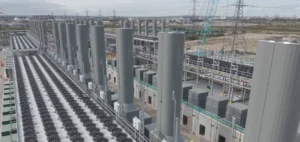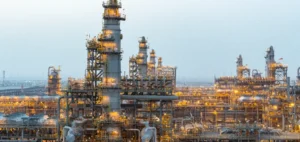South Korea will keep electricity rates unchanged for the third quarter of this year, a decision taken amid rising uncertainty about international flows of liquefied natural gas (LNG). Initially, rate cuts were expected due to recent declines in import costs for fuels used in power generation, primarily LNG and coal. However, South Korean authorities have now prioritized supply stability given the threat of an energy crisis linked to recent geopolitical developments in the Middle East. This strategic decision was officially confirmed by South Korea’s Ministry of Trade, Industry and Energy (MOTIE).
Geopolitical tensions influencing energy markets
Recent rising tensions in the Middle East are a major source of concern for South Korean LNG importers, especially after the Iranian parliament approved a measure to close the Strait of Hormuz in reaction to a U.S. strike on Iranian nuclear facilities. The Strait of Hormuz is a strategic passage for global oil and gas supplies, particularly LNG cargoes from Qatar, historically a key partner for Seoul. In response, MOTIE urgently convened major industry players, including oil and LNG importers, to precisely evaluate potential short-term supply risks. Currently, no significant disruptions have been recorded, but companies remain vigilant for a possible rapid deterioration of the situation.
Diversification and adjustments of supplies
To reduce the risk of a sudden interruption of Qatari gas deliveries, South Korea has already initiated a strategic realignment of its imports. Over recent months, volumes of LNG from Qatar have significantly decreased. According to official figures, during the first five months of the year, these imports dropped by 14.6% to 3.154 million metric tons, while imports from Australia increased nearly 25% over the same period. Australia is thus progressively becoming South Korea’s largest LNG supplier, ahead of Qatar, strengthening its strategic position in South Korean supply chains. Meanwhile, imports from the United States continue to grow, part of a broader move towards supply diversification aimed at mitigating geopolitical risks.
Extension of fiscal measures
In addition to freezing tariffs, Seoul continues to support electricity-producing companies by extending tax cuts on fossil fuels. Since August 2022, the South Korean government has reduced the consumption tax on LNG used for electricity production by 15%, lowering it from 12 won per kilogram to 10.2 won (approximately 0.01 USD per kilogram). For thermal coal, tax reductions now range between 36.5 and 41.6 won per kilogram depending on calorific value, compared to 43 to 49 won previously. These temporary fiscal reductions have been extended until the end of December to help ease production costs and stabilize electricity prices amid international market fluctuations.
An economy dependent on energy imports
South Korea, the world’s fourth-largest crude oil importer and third-largest LNG importer, has a significant structural dependence on international energy markets. This reliance makes the country particularly vulnerable to disruptions in global markets. The decision to freeze electricity rates thus reflects a cautious approach amid an unstable geopolitical context that could significantly impact the country’s energy costs. Given this uncertain environment, South Korean energy importers will continue closely monitoring the Middle East situation while actively seeking to reinforce and diversify their supply sources to safeguard their energy security.


